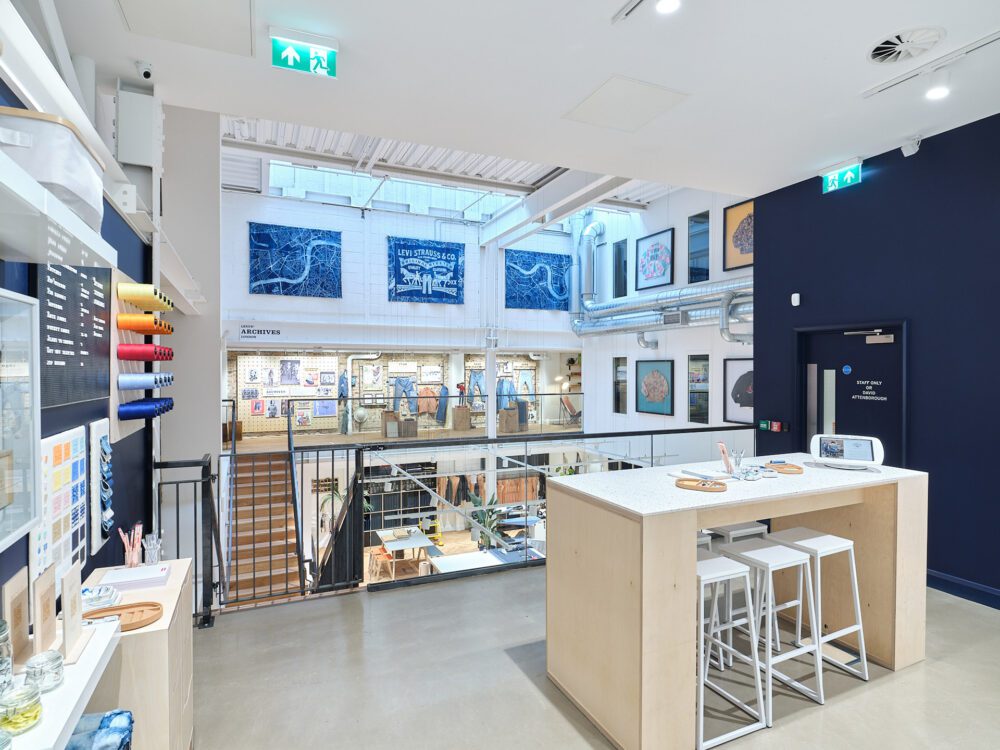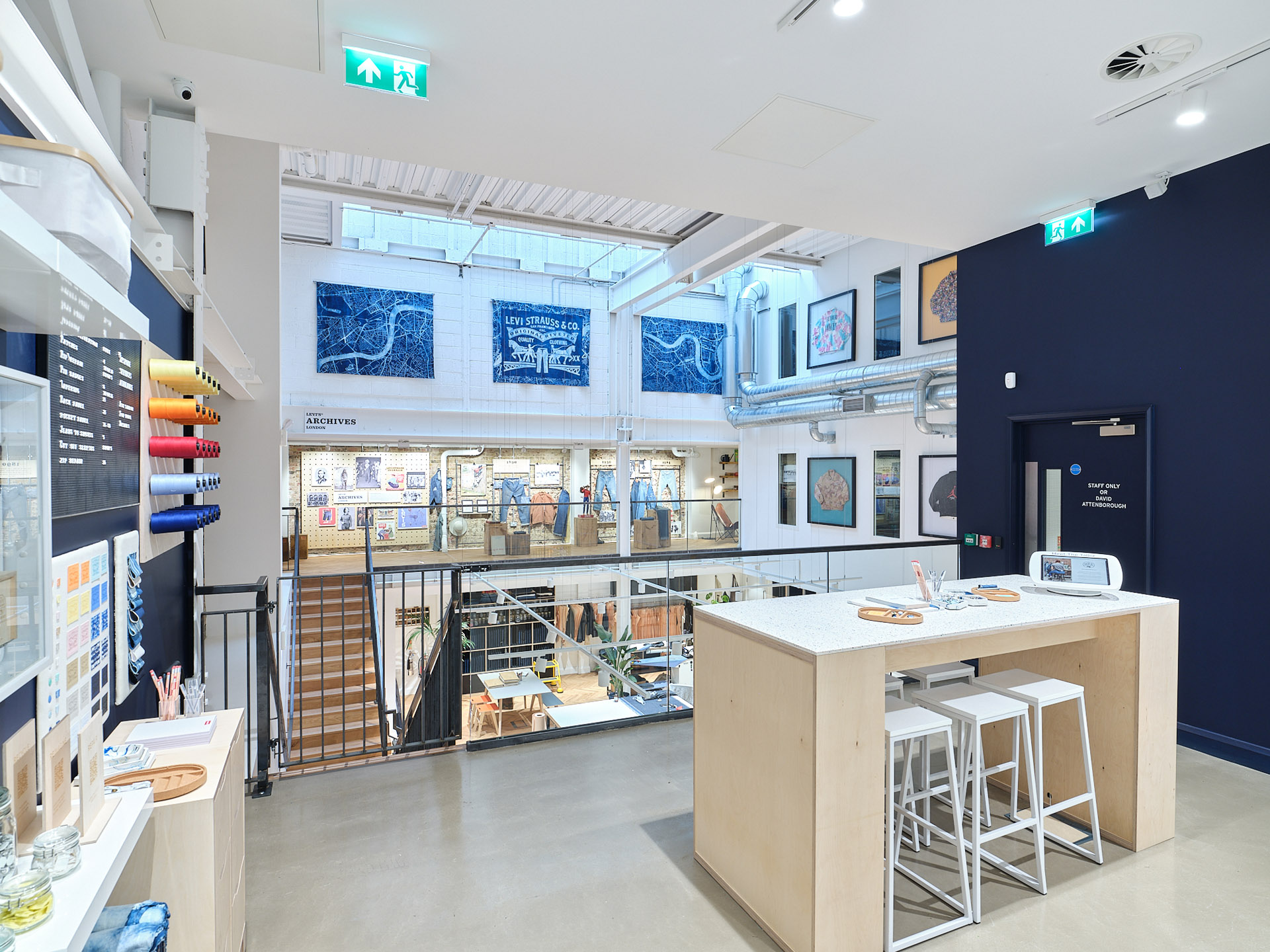Clothing companies are increasingly turning to smarter ways of operating and manufacturing in a bid to keep up with changing consumer habits, says GlobalData, a leading data and analytics company.
Michelle Russell, Apparel Correspondent for GlobalData, says: “Fashion brands and their supply chains have been shaken to their core this year, with the COVID-19 pandemic presenting an untold number of challenges. Store closures, the cancellation of orders and the rapid migration to online shopping have forced companies to re-think the way they operate, with new and smarter fashion manufacturing models now emerging.”

Customisation, on-demand, made-to-measure, and digital try-on are just some of the ways fashion companies are trying to lead the way.
For sustainability in particular, with shoppers developing greater antipathy towards wasteful business models, circularity has become an opportunity for companies to re-evaluate the fashion retail model. Hong Kong-based yarn spinner Novetex Textiles is helping scale up a mechanical recycling process that combines both new and existing technologies to produce recycled fibres from textile waste.
Fashion companies are also considering customisation as a way of eliminating the need to store huge amounts of stock, thereby reducing overheads and producing more efficiently.
Denim giant Levi Strauss & Co has launched a new store concept in the UK where worn denim can get a new lease of life thanks to customisation and repair services provided by in-house tailors. While UK fashion company Unspun uses 3D scanning and fit algorithms to generate digital consumer sizing and recently launched mobile phone scanning so shoppers can scan from anywhere for custom fit jeans.
Large brands like Reebok are also looking at on-demand. The sportswear firm has a new digital platform that acts to minimise waste by enabling US consumers to collectively determine whether a particular footwear design should enter production.
Russell adds: “Digitalisation, big data and analytics tools are helping companies look beyond the crisis to secure a competitive advantage, gain better insights into consumer purchasing behaviours and forecast trends more accurately – as well as play an integral part in helping businesses become more nimble and agile.
“All of these tools are critical for fashion companies that want to be innovative and don’t want to be left behind as the industry moves forward. Speeding up time-to-market, reducing costs, reducing waste and improving supply chain transparency are all going to be key this year.”

















